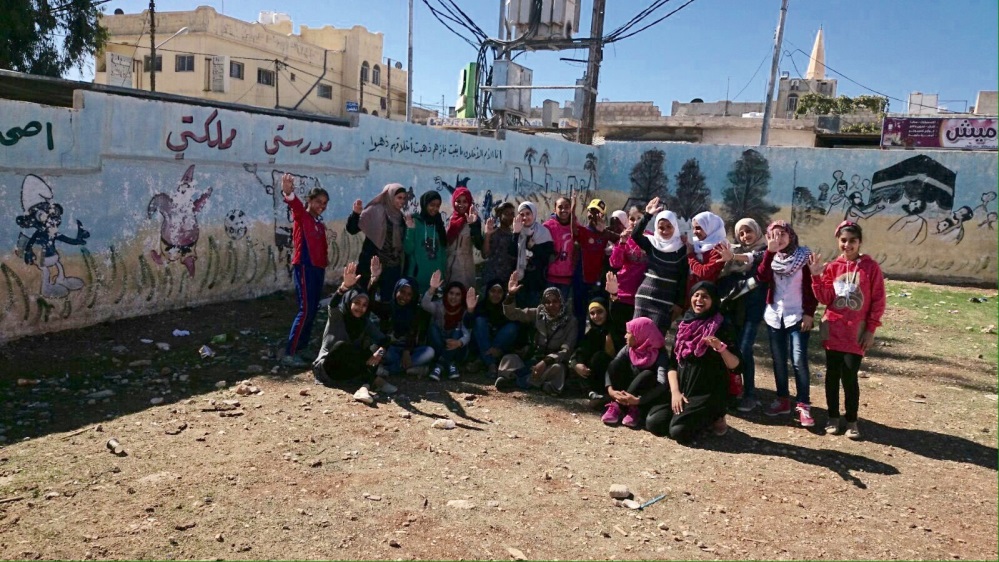Greening Camps II
Urban resilience is generally defined as the capability to prepare for, respond to, and recover from significant multi-hazard threats to a given urban area. Vulnerable communities such as slum dwellers or refugees are particularly exposed to the impacts of depleting resources or climate change. New policy approaches such as community-based climate change adaptation – often referred to as “greening slums” – attempt to strengthen self-help capacities of vulnerable communities in light of limited capacities and scope of governments, United Nations and international development organisations.
This Design Studio will focus on two urbanised refugee camps in Jordan, following an invitation from the ‘Gesellschaft für Internationale Zusammenarbeit’ (GIZ) and United Nations. How do depleting resources and climate change affect these camp communities? Can green interventions addressing water and energy shortages, alternative food production or broader social and economic deprivation help to strengthen the community to help themselves?
The Design Studio will build an understanding of broader developmental discourses including community-based climate change adaptation. Students will then travel to Jordan for a 10 day workshop to work with local refugee groups and Jordanian architecture students in the camps of Husn and Jerash (near Amman). We will study several ‘greening’ projects already implemented by international funding programs with varying success (or failure) rates. More funding is available and we will help local actors to critically reflect on past projects, draw lessons and develop alternative new proposals.
Returning from Jordan we will develop hands-on, low-tech solutions that seek to create synergies between daily needs and environmental concerns and that could be implemented and managed by local actors Our work will directly feed into a series of funding applications to GIZ (co-authored with local actors) which offers the prospect of implementation in Spring 2017.
-
FundingGIZ
-
In collaboration withUNRWA

-
 The girls committee at Husn camp preparing for the intervention in their schools garden.
The girls committee at Husn camp preparing for the intervention in their schools garden.